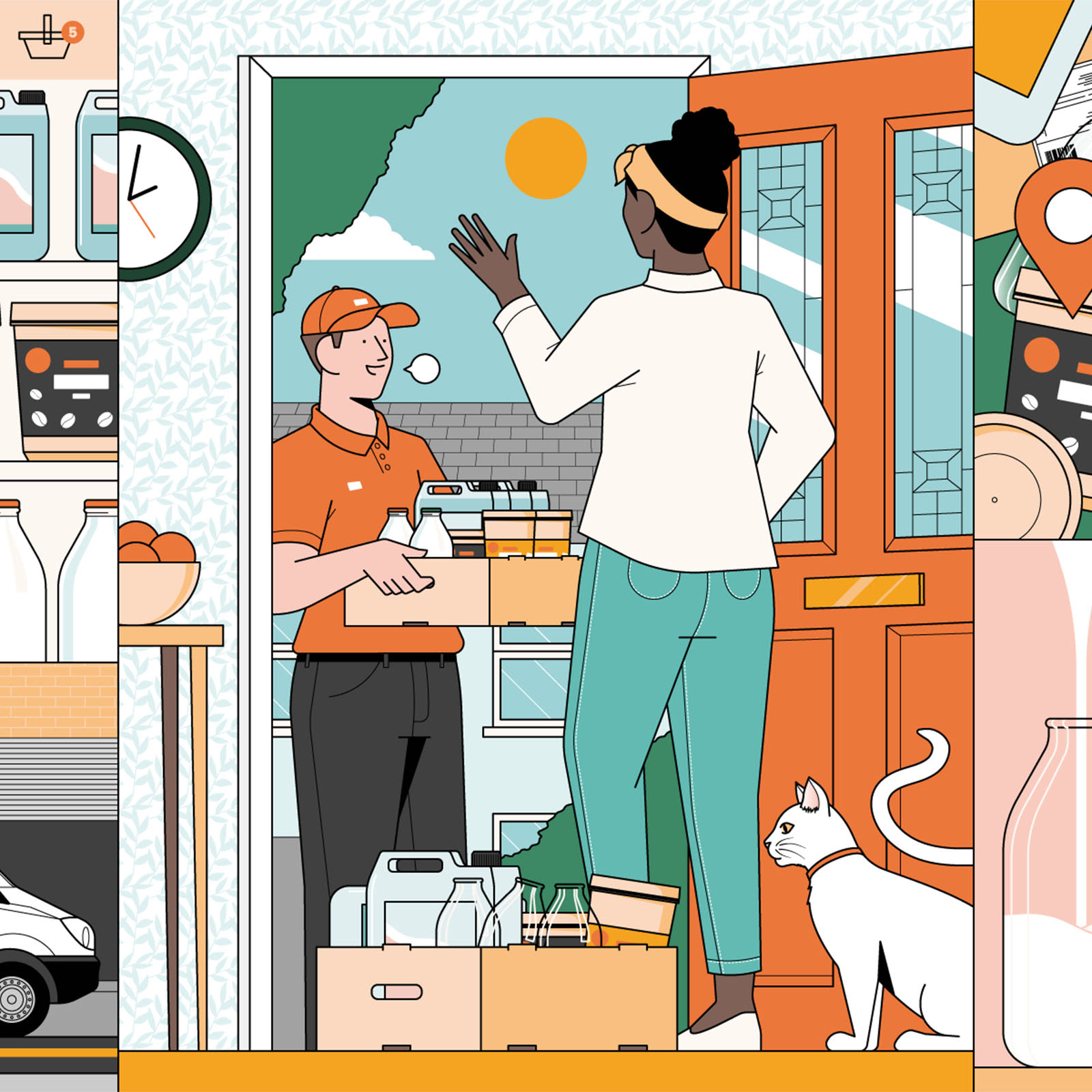
There’s a hardware store in almost every neighbourhood. Filled floor to ceiling with endless screws and tools and things you didn't know existed until right when you needed them, they've endured as mostly offline spots for years. That seems to go against conventional ideas of where retail is heading, but it’s worked in their favour.
Hardware sales jumped at the start of the pandemic, but online growth was weaker than in other industries, as many hardware shops were allowed to stay open. Being hyperlocal worked for them (just as it did for convenience stores).
The customers, however, have changed. Demand from tradespeople, labourers and other commercial clients dried up for some shop owners, while at the same time up to 90% of homeowners were starting new DIY projects. Sales of plant supplies, cleaning products and garden categories went through the roof.
More: Why your shears can get better with age


Meeting consumer demand
This wave of DIYers is interested in different product categories and fresher customer service than the pros expect. Here's how shops have been evolving to meet the demand.
• With houseplants taking off, Brooklyn's Hardware 2.0 doubled down on the category, which has helped keep the family-owned business afloat.
• Frome Hardware in Somerset, England, introduced a door-to-door knife- and axe-sharpening service.
A Few Cool Hardware Stores, a collective that has been opening neighbourhood shops around the US since 2003, now stocks independent snack brands and launched hardware-themed merch for the loyalists.

The competition
Don't write off online hardware shopping just yet. Ace Hardware, which owns the A Few Cool Hardware Stores co-operative, reported a 580% increase in online sales, in comparison to a 26% increase in retail sales. Smaller companies like Plank and Swarf, meanwhile, cater to a more design-centric online customer, while Hard & Ware runs an appointment-only digital service for both end-consumers and tradespeople.
But what maintains the allure of the physical shop is exactly what's kept them appealing for so many years – while you can buy a perfectly designed door handle online, you'll probably need to visit a local store to find the right kit to put it up.
A version of this article was published in the Courier Weekly newsletter. For more useful stories, tips, tricks and simply good advice, sign up here.


